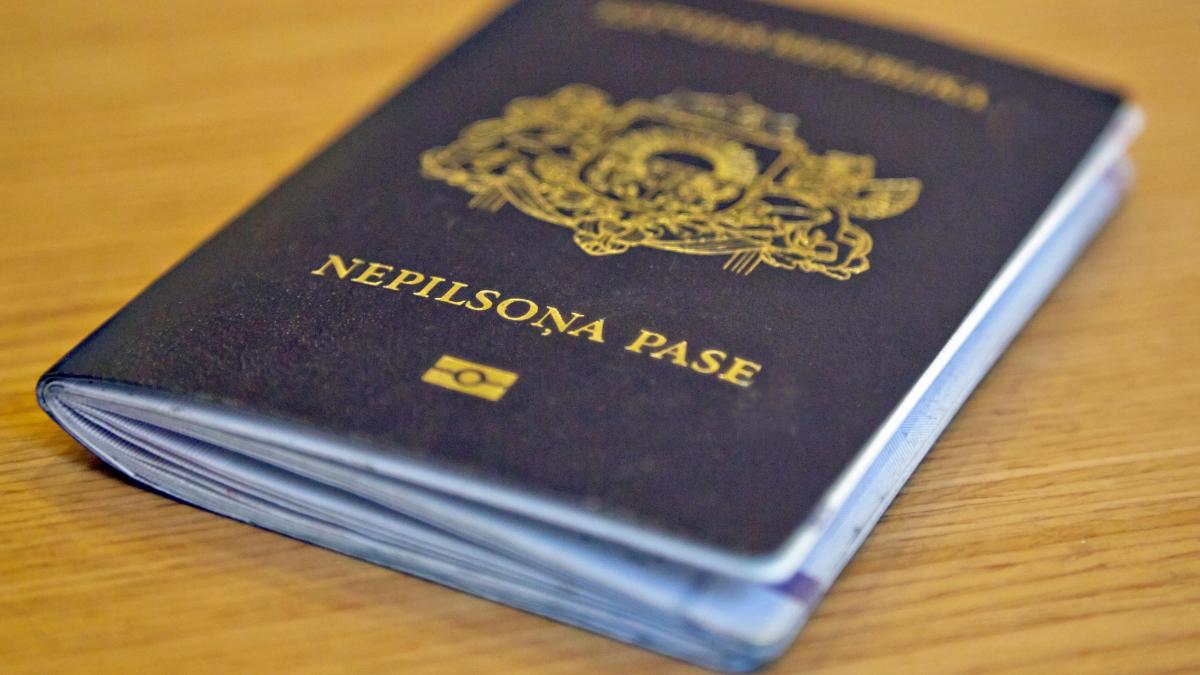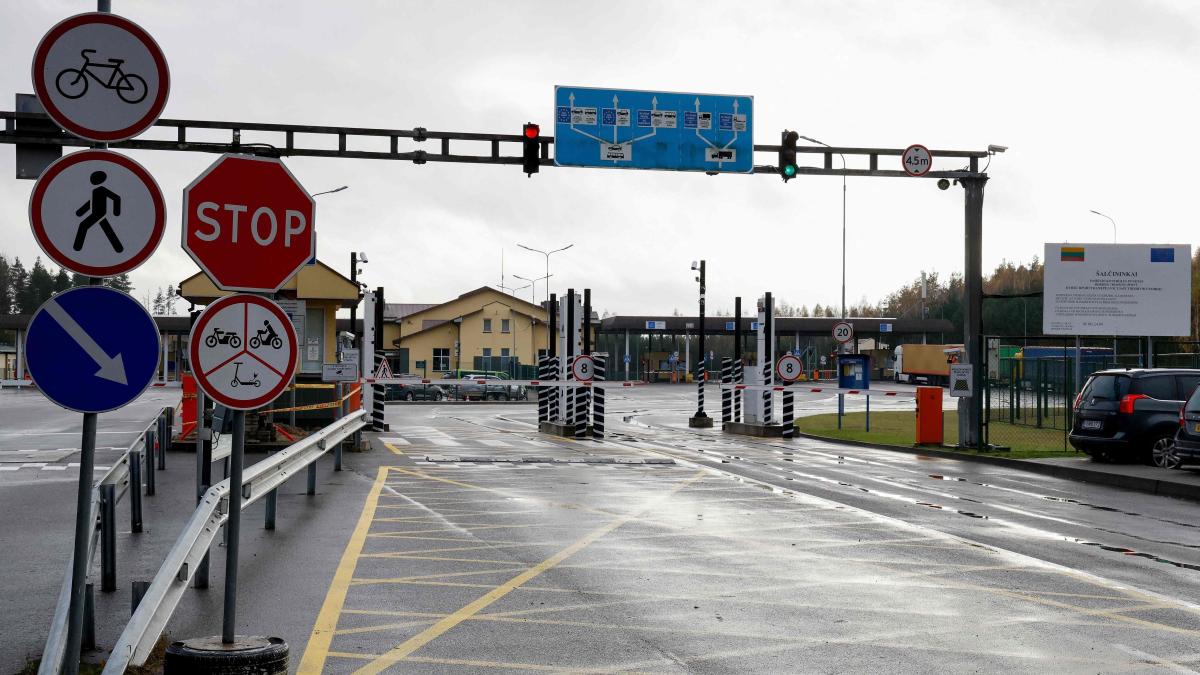“`html
The Shocking Truth About Statelessness in Europe
Nationality is a fundamental human right that secures essential protections for individuals—everything from voting rights to access to justice and property. Yet, a staggering 4.4 million people globally are deprived of this basic privilege, and a troubling half a million reside within the European Union! The question looms: how did we let this happen?
The Baltic States: A Shameful Legacy of Statelessness
The 2023 census in Latvia reveals a dark truth—nearly 9% of its population, or a shocking 190,000 people, are classified as “non-citizens.” In neighboring Estonia, stateless individuals receive a so-called “indeterminate citizenship” status that offers minimal electoral rights. This crisis is rooted in historical injustices dating back to the collapse of the Soviet Union.
“The dissolution of the USSR turned 25 million individuals into foreigners in their own lands!”
These stateless citizens have been ignored by the very nations where they reside, victims of a post-Soviet reality that many would like to sweep under the rug.
Language as a Barrier: The Unseen Crisis
The EU expansion in 2004 didn’t resolve the plight of the stateless, and experts like Mariano López de Miguel vividly illustrate that the EU has been quick to lecture on linguistic rights but has shockingly neglected the rights to citizenship. This means hundreds of thousands remain stripped of their rights and dignity, despite living in a supposedly progressive Europe!
To gain any semblance of citizenship in places like Latvia or Estonia, individuals must wade through bureaucratic hurdles—history exams, language proficiency, and, incredibly, reciting the national anthem. For many Russian-speaking populations, these requirements are barriers they simply cannot overcome.
Escalating Anti-Russian Sentiment
As we witnessed the horrors of the invasion of Ukraine in 2022, fear and suspicion have morphed into rampant xenophobia across the Baltic states. Stateless Russians are now at the forefront of this political fallout, becoming scapegoats for nationalist governments hell-bent on feeding their narratives of fear and division.
“Despite mixed marriages and the passage of time, a de facto xenophobia exists, and it’s the stateless who bear the brunt,”
As tensions grow, citizens of these Baltic countries must grapple with the consequences of misguided nationalism, which could see a further deterioration of relations with Russia—an ominous reality given that Russia shares a direct border with Lithuania.
The Call to Action
With increasing propaganda and anti-Russian sentiment stoking the fires of discrimination, the stateless population in these regions must not be ignored! We must demand a swift and just resolution for these people who have been wronged for too long.
“`











